Just like the people, our pets can have problems with their weight, mostly because they want to eat a lot, but sometimes it can be caused by some health issue. If you think your dog might have that problem, then together with the vet, you should make a plan and help your beloved furry friend to lose some weight, to improve the quality of the life, and their general health condition. Check DogLeashPro to learn how to keep your pooch at a healthy weight. Additionally, sign up for affordable pet insurance by clicking here, and ensure your partnership with your vet toward improving your dog’s weight doesn’t become a financial burden to you.
Also, get ready for a long process, because it may last up to six months until you accomplish the wished results. Another important thing is the breed and the size of the dog, and their current condition. There is no fastest way to lose weight, and you probably already know that.
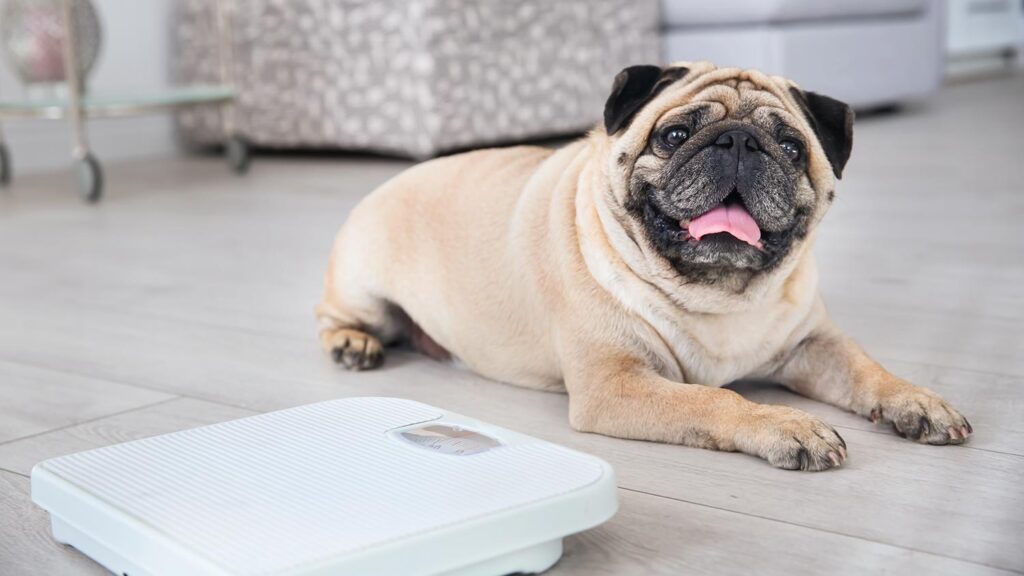
People can control themselves and maintain discipline when it comes to dieting and a healthier lifestyle. But, when it comes to the controlled way of living, it can be pretty difficult at the beginning, especially if you have to replace the type of food or give them smaller amounts of their favorite meals. Sometimes you will have to mix the dog food with other ingredients that are good for them, so they can eat more nutritional valuable foods, without feeling hungry. The truth is, this process can be exhausting for both of you, and you should have support from your vet, so you can give the same support to the dog.
So, as we said, before you do anything, you have to be aware of the characteristics of the breed and your pet’s personal needs because even though they are all dogs, they are pretty different. That’s why we are here today, to provide a few tips and tricks, but also some advice on how to take care of your four-legged buddy, without causing frustrations, and making things difficult.
1. Control the quality of the food
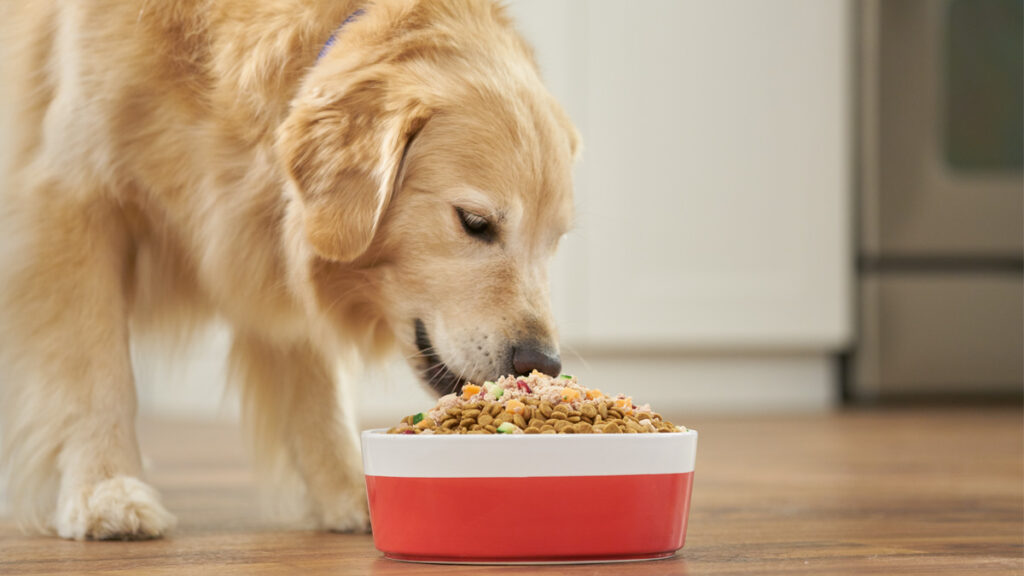
Once you have a pet, you are dedicated to their well-being, because you simply took them to give them a better life they would have on the streets or shelters. That means, you have an obligation to give everything in your power to give them the needed love, and love doesn’t mean huge meals. If your doggo is overweight, the first thing you can do is to take control over the amounts of food, and its quality. Your vet should be always available to you, to give some specific instructions, if needed.
Try to use quality food, and control the calories and other nutritional factors when choosing. If the breed requires a specialized way of feeding, then do that, so you can prevent gaining weight.
You may be considering the idea of adding water to your dog’s meal to help them feel more full while eating less food to help them lose weight. You may be wondering if adding water to dry dog food cause diarrhea? Diarrhea can be dangerous to your dog, so check this article to learn more about it.
2. Don’t give them more than’s needed
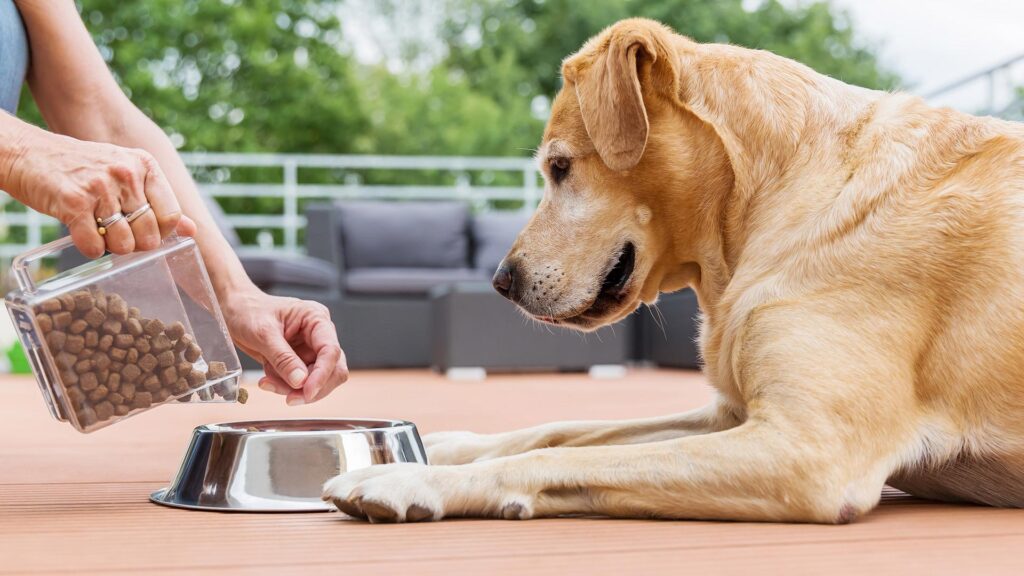
Many people tend to put more food in the bowl than needed, and they do that a few times during the day. But, the truth is that two larger meals per day are really enough, and some treats in between. Another factor that has a huge influence on the situation is the activity. Some breeds can’t walk long distances, but there are those who need at least one hour-walk or more every day. Don’t skip that, because it’s really important to them to be active, even if that means only a few minutes through the day. If you aren’t sure, you can always ask your vet for instructions, and recommended amount of food they have to eat.
3. Break the meal into smaller portions
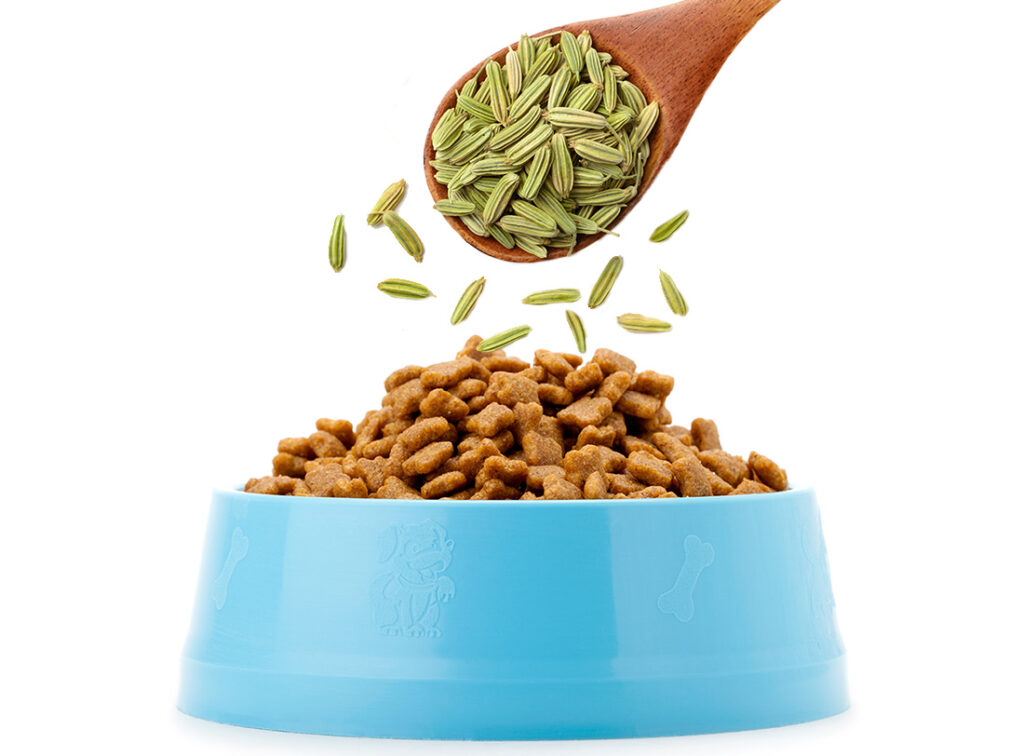
If you think they eat a lot of food, then you can try to break up the meal into smaller portions, and give them four small meals instead of two big. This is one of the ways you can be sure your dog has enough time to digest the food and burn the calories step by step. It’s the same even for people, if we split our meals, we are boosting the metabolism, and the whole body to work normally, without resulting in a high body mass index.
4. Don’t skip your daily walks
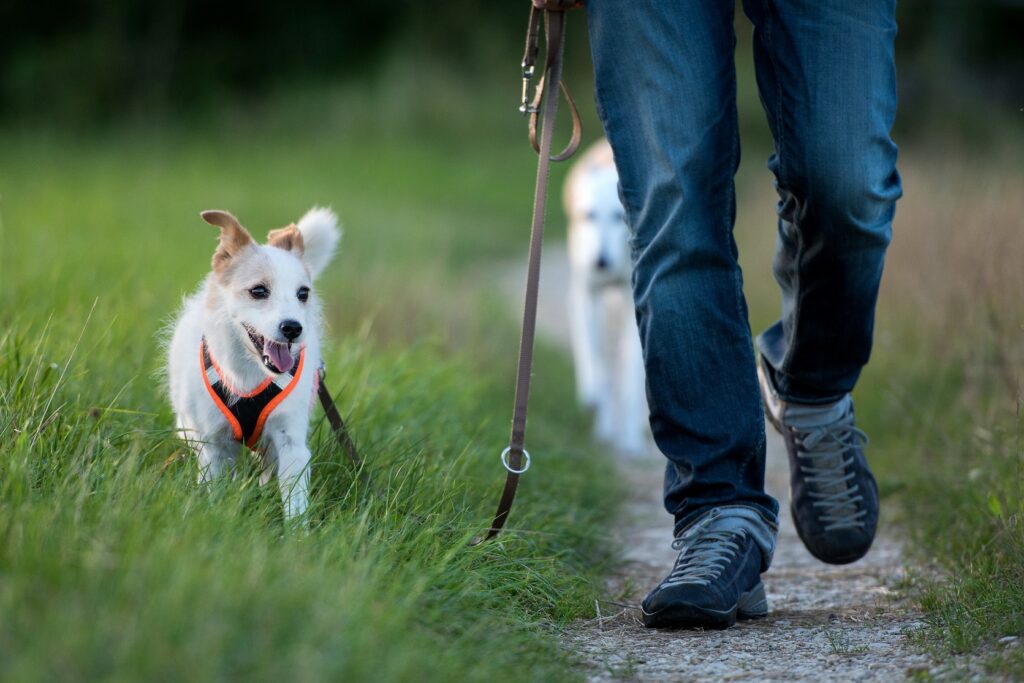
Choose your leash and other accessories, and then just go out and have fun together. You can find a lot of great accessories, foods, gear, and cosmetics at DogLeash Pro, so you only have to take them, and start your daily walk. Try to make it funnier for the dog, visit a pet park, where you can unleash them, to run and jump all over the place. At the end of the day, they will burn more calories, sleep better, and be happier in general.
5. Count the treats as a meal too
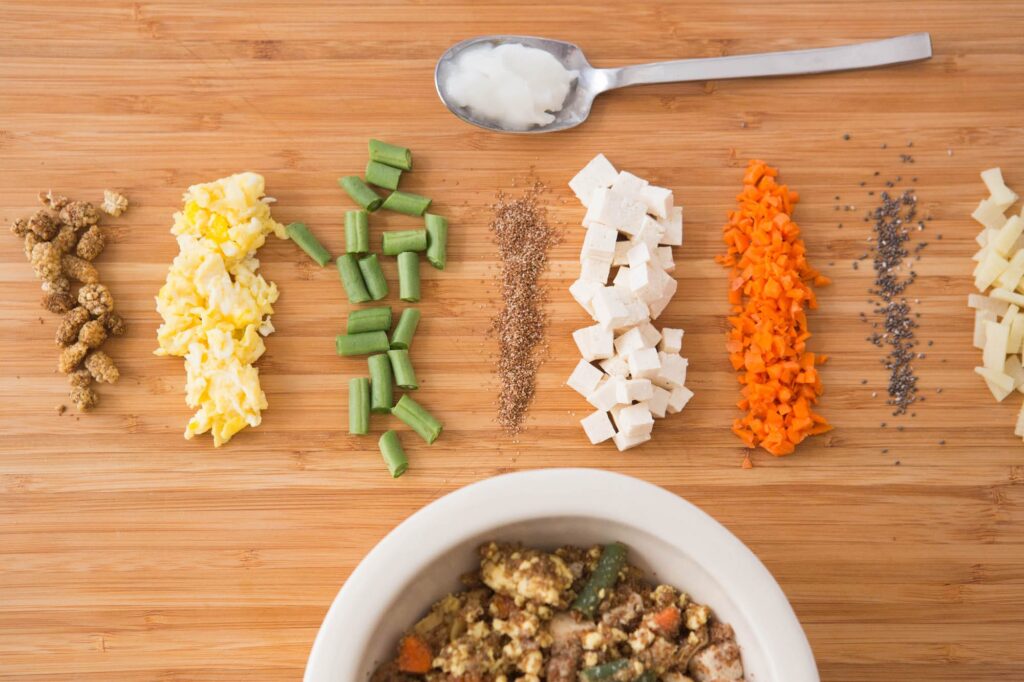
The treats are rich in calories, and sometimes they don’t have other nutritional value. But, we all know that dogs simply love them, and can’t wait for you to give them another one, especially when they behaved nice. But, it doesn’t mean you have to give them all. It’s really enough just one every day. On the other hand, some vets suggest trying to give them fresh ingredients, including fruits low in sugar and veggies, but before you do that, ask your vet for advice – because they know everything for your dog, and can give a specific suggestion on how to include fresh foods in their meals.
6. Make sure it’s not a medical condition
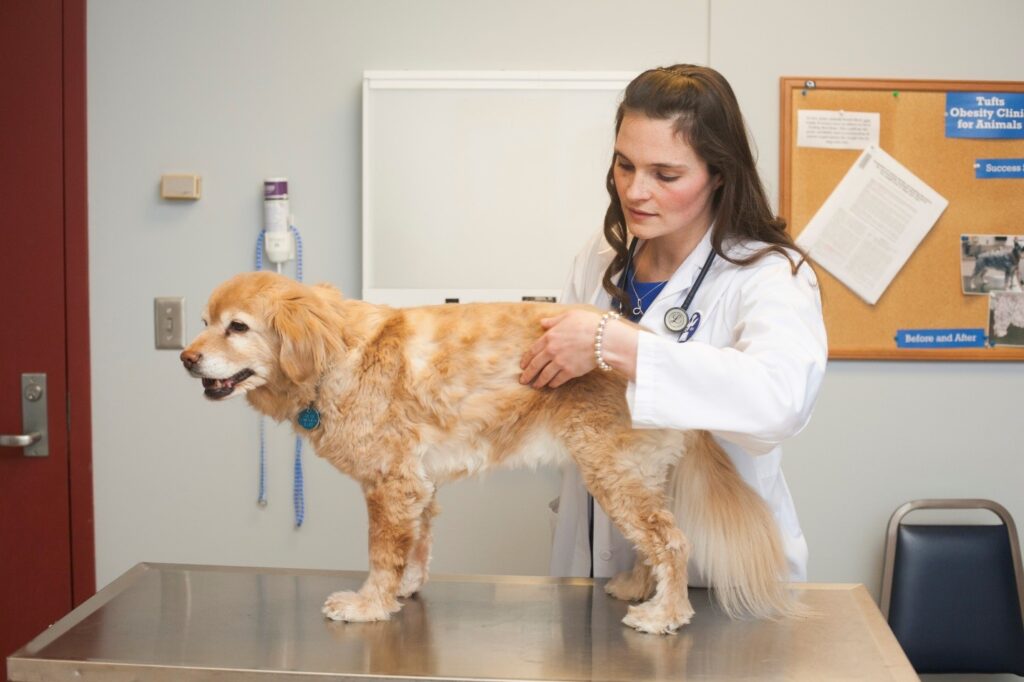
Sometimes it’s not just enough to cut down the calorie intake and increase the number of daily exercises. Check with your vet, to be sure there is no specific medical condition that is causing problems with their weight. Some conditions can result in a slower metabolism, and even though you control the food, and exercise with them, it’s not enough, because it should be treated properly by a vet.
Regular Vet Check-ups
Routine veterinary check-ups are crucial when helping an overweight dog lose weight. These check-ups serve as an opportunity for the vet to assess the dog’s overall health, monitor progress, and make necessary adjustments to the weight loss plan. Vets can provide professional guidance on the best approach to weight management, including dietary recommendations, exercise routines, and potential medical interventions. Regular check-ups ensure that any underlying medical conditions contributing to weight gain are promptly identified and addressed, allowing for a comprehensive and tailored weight loss strategy.
Hydration
Proper hydration is often overlooked but plays a vital role in a dog’s weight loss journey. Ensuring that the dog has access to fresh and clean water at all times is essential, especially during increased physical activity. Adequate hydration supports digestion, metabolism, and overall well-being. Pet owners should monitor their dog’s water intake and be aware of any signs of dehydration, such as dry gums or lethargy. Maintaining optimal hydration levels is a fundamental aspect of a successful weight loss program for dogs.
Weight Tracking
Monitoring a dog’s weight is a fundamental component of managing their weight loss progress. Pet owners should keep a record of the dog’s weight and regularly update it to track changes. This allows for a clear assessment of the effectiveness of the weight loss plan over time. Weight tracking helps identify trends, whether positive or concerning, and guides adjustments in diet, exercise, and overall care. It serves as a tangible measure of success and provides valuable information for both pet owners and veterinarians in achieving and maintaining a healthy weight for the dog.
Behavioral Changes
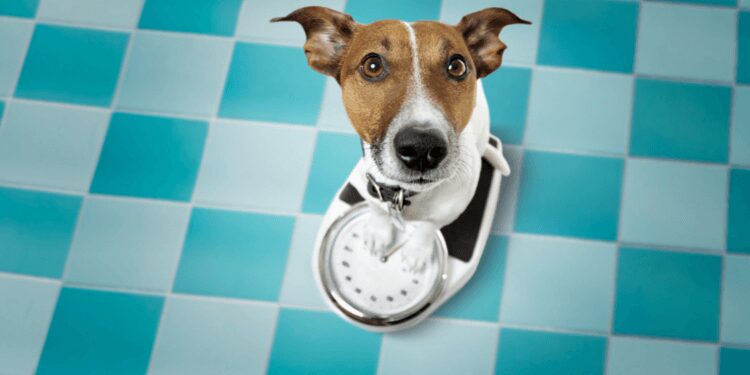
Weight management for dogs may involve addressing behavioral factors that contribute to overeating or a sedentary lifestyle. Pet owners should be aware of changes in their dog’s behavior, such as stress, anxiety, or boredom, which can lead to excessive food consumption. Identifying these behavioral triggers and finding appropriate solutions is essential. Behavioral changes may include introducing mental stimulation through toys and puzzles, ensuring companionship, or seeking guidance from a professional dog trainer or behaviorist. A holistic approach to weight management considers the dog’s emotional well-being as well.
Support and Accountability
Support and accountability play a significant role in the success of a dog’s weight loss journey. Pet owners are encouraged to seek support from veterinarians, dog trainers, or support groups dedicated to canine weight management. These sources can provide valuable advice, motivation, and guidance throughout the process. Having a support network helps pet owners stay accountable to their dog’s weight loss plan and maintain their commitment to long-term health. Sharing experiences, challenges, and successes with others who have similar goals fosters a sense of community and shared responsibility for the well-being of overweight dogs.
Our pets take an important part and role in our lives. Once we take them, we have an obligation to make their life better, as much as we can. And they really deserve that. So, do your best to control the quality of the food, and try to be as much dedicated to their well-being as possible. They will always be here to give you enough love for that.
